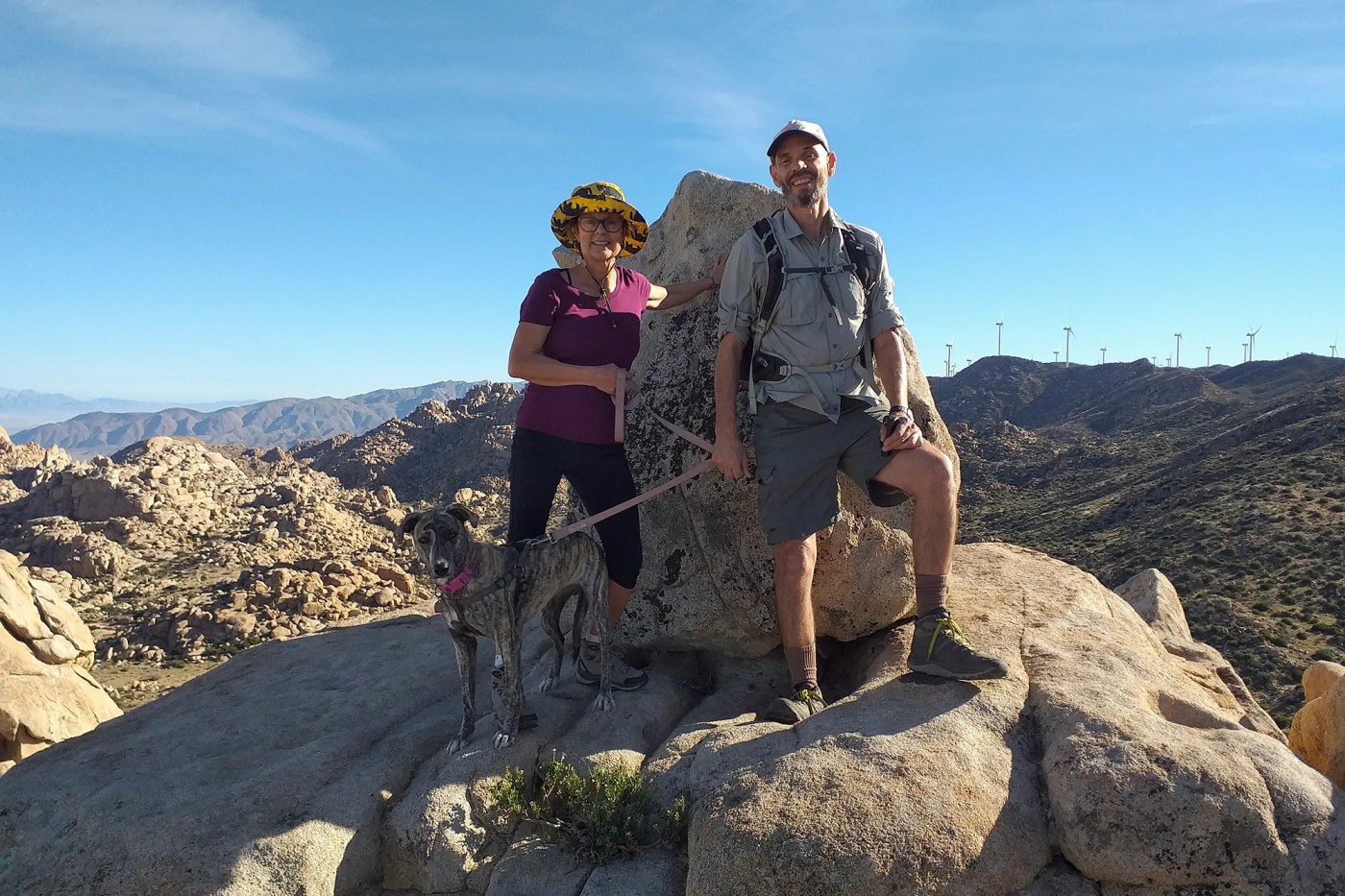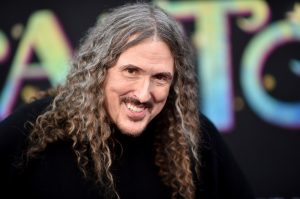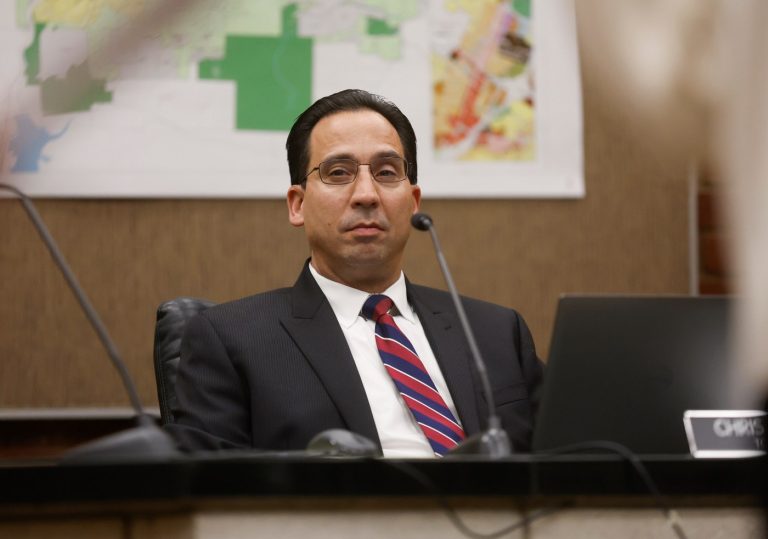My husband, Gary, was diagnosed with Stage 4 lymphoma in 2019, at the age of 57. Gary was a vegan, an artist and graphic designer and an avid hiker. He loved life, and we did everything we could to extend it after his devastating diagnosis.
For more than three years, Gary fought hard and underwent a number of treatments. He began a chemotherapy regimen but the cancer was drug-resistant. He underwent a bone marrow transplant. We tried a difficult, painful and frightening immunotherapy treatment. He continued to fight and underwent chemotherapy again.
In January 2023, a scan revealed the lymphoma was back. Gary was so weak at this point. We were in and out of the emergency room, and we knew his life would end soon.
We had always known about medically assisted death from our research and thought we might need to go to Oregon or Switzerland if it got that bad. A month before that fateful scan, we learned it was legal in California, and that Kaiser Permanente had an end-of-life options program.
We wondered why we hadn’t been told about it earlier, considering California enacted the End of Life Option Act in 2016. The law allows residents who are at least 18 years old and who have a terminal illness with a life expectancy of six months or less to request medication that will hasten their death. Unfortunately there’s limited public awareness about medically assisted death; a recent study found only a quarter of the California seniors polled even knew about it. It’s also hampered by too few practitioners per capita and too sparse support by health care institutions.
For us there were so many roadblocks and unnecessary hurdles to overcome to simply allow Gary the dignity to choose his own exit and end his suffering.
After requesting an appointment with Kaiser’s end-of-life options coordinator, we were connected with doctors who were supportive of Gary’s choice. Everything had to move quickly, since he was suffering greatly.
His oncologist didn’t support medically assisted death, saying his type of lymphoma would take him so quickly that he wouldn’t need it. Reflecting now on her lack of compassion and care still upsets me.
By February 2023 things were bad. Gary was in constant pain, and we made frequent trips to the hospital to drain fluids and get blood transfusions. He was getting weaker, but we had prepared for this, working with our end-of-life coordinator.
Gary enrolled in hospice the next month and informed me it was time to obtain the necessary medication. We called our coordinator and requested a volunteer who could prepare the medication and provide support on Gary’s planned final day in April.
The process was too emotionally difficult for me so I needed support. Thank goodness I found End of Life Choices California and our volunteer, Lynne Calkins, to help Gary end his life with dignity. Calkins made a home visit a couple of days before his final day, but when she arrived, Gary was suffering mightily.
He told us that he wanted to take his medication that day. He could not go on any longer.
We set up a comfortable outdoor space on the patio. Gary was able to say goodbye to everyone he loved in the days prior. When he died, he was enshrouded in a bubble of love by my sister and me. Thankfully, Calkins was there to help us understand what was happening and what came next.
Related Articles
San Jose leaders criticize plans to expand Good Samaritan Hospital while downgrading care at Regional Medical Center
Dental therapists, who can fill cavities and check teeth, get the OK in more states
How often you poop could suggest more than you think, study finds
Angry patients spur new state watchdogs to bring down drug prices
How to find a good, well-staffed nursing home
I couldn’t function — it was all too emotional. I was grateful for the support. Beautiful plants and flowers surrounded Gary’s chaise lounge, and he sucked on a popsicle to mask the bitter taste of the medication. He passed out almost immediately, holding my hand. We sat with him as he peacefully died.
It was as dignified as anyone could want, yet the thought of it still burns. I hope our story helps Californians better understand their options, so they can have these conversations with family and physicians if they want them.
Trudy Pachon is a retired life science and art teacher. She wrote this column for CalMatters.












